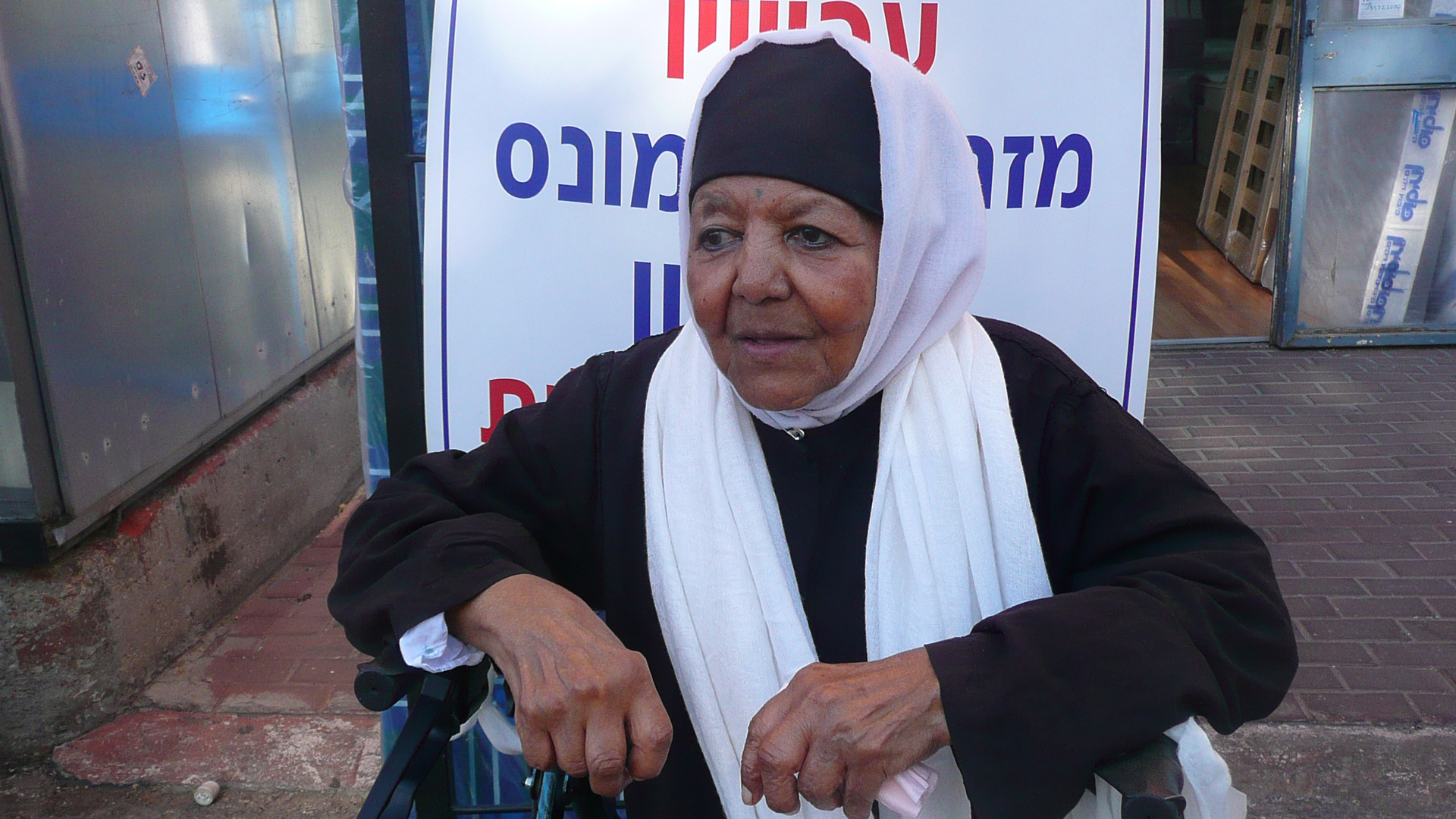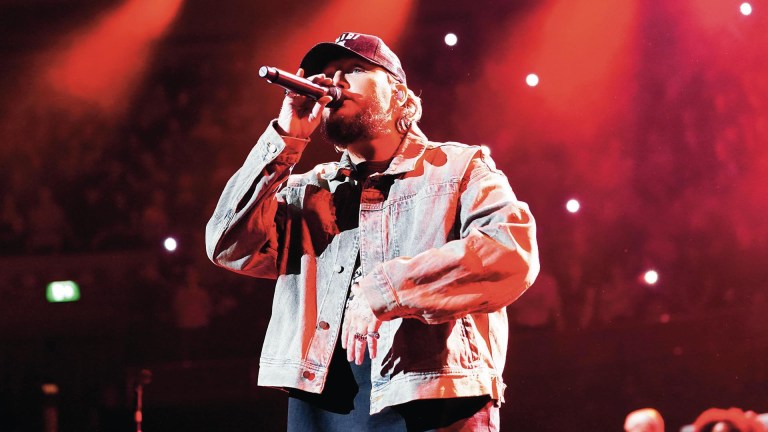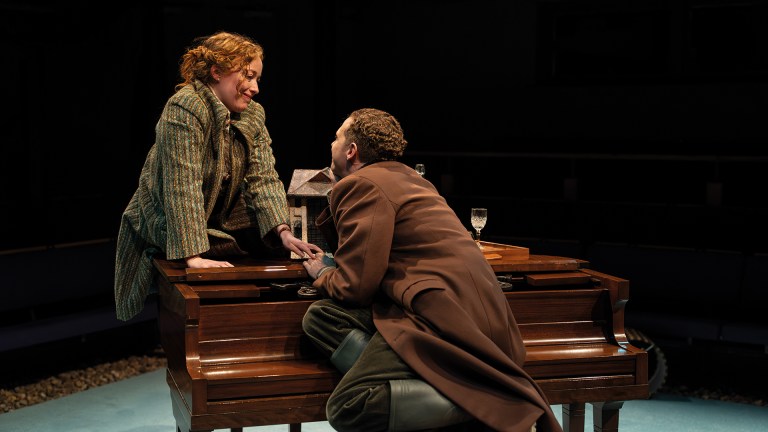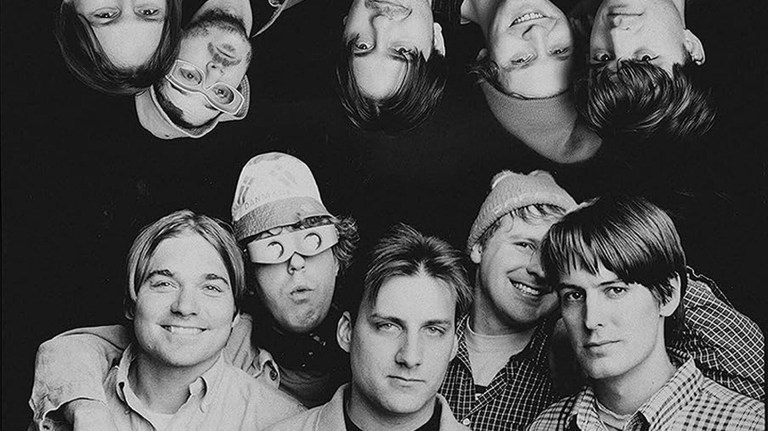I once read the artist Dan Clowes describe Chopin’s Nocturnes as “like listening to ice water”. That description has often resonated with regards to the sound of a solo piano, but never more so than when I’m listening to the Ethiopian pianist and composer Emahoy Tsegué-Maryam Guèbrou (pictured), who turns 99 this year, and whose music has a pure, restorative quality unlike anything else I’ve ever come across.
Somewhere between classical, blues and church music, academic and yet entirely unconventional, the kind of sound that quenches a certain intangible thirst.
I first discovered Guèbrou’s work through a series of albums called Éthiopiques, a showcase for popular Ethiopian music from the 1960s and ’70s. Ethiopian jazz, or Ethio-jazz, features heavily on most of the 30 albums in the Éthiopiques back catalogue, from artists like the sax player Getatchew Mekuria, the Amharic singer Alemayehu Eshete (often referred to as the Ethiopian Elvis) and the musician and arranger credited as the father of Ethio-Jazz, Mulatu Astatke.
Ethio-jazz has an eerie, empyrean quality, its composition and instrumentation generally vastly different to anything in western music. One of the main markers of difference is the use of pentatonic (five-note) scales, such as the Tizita scale – the name of which literally translates to “nostalgia” or “longing”.
Electric guitars and tenor saxophones are most commonly used as lead instruments as opposed to traditional brass, which makes the notes feel more penetrating and acute. In many ways Ethio-jazz and American jazz are barely alike; although Mekuria’s music has been compared tenuously to the free jazz of Ornette Coleman and Albert Ayler, Mekuria claims to be unfamiliar with both.
Every note of Guèbrou’s compositions are rich with that pentatonic ‘nostalgic’ effect. Notes tumble up and down the keyboard conversationally, as if she’s trying to bestow some unnamed wisdom, making any banal day-to-day activity they might be soundtracking seem cinematic and imbued with meaning. She plays like it’s her true vocation.










